
If the belief that you’re hard to love has followed you for years, it likely started earlier than you think. Childhood experiences carry more emotional weight than most realize. Understanding what shaped that inner story can be eye-opening. Keep going—you may recognize pieces of your past in these patterns.
Emotional Neglect
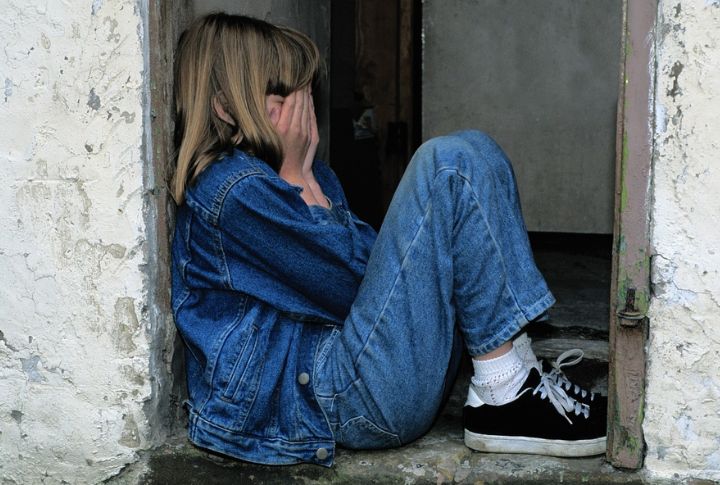
No one told you it was wrong to feel invisible, yet that silence said everything. Emotional neglect leaves children without the reassurance that their feelings matter. Adults raised this way usually second-guess their needs. They struggle with emotional attunement, which impacts relationships and even physical health over time.
Inconsistent Caregiving

Have you ever wondered why trusting others feels like walking on shifting sand? Inconsistency in caregiving creates profound confusion about when and how love is expressed. It conditions children to expect instability. In adulthood, this morphs into anxious attachment or hypervigilance in romantic and social bonds, even when danger isn’t present.
Parental Substance Abuse

Love gets tangled with chaos when a parent’s addiction dominates the home. Kids in such environments grow up managing unpredictability instead of feeling nurtured. A significant number of children in the U.S. live with an addicted caregiver—many carry guilt or shame into adulthood without knowing where it began.
Chronic Criticism
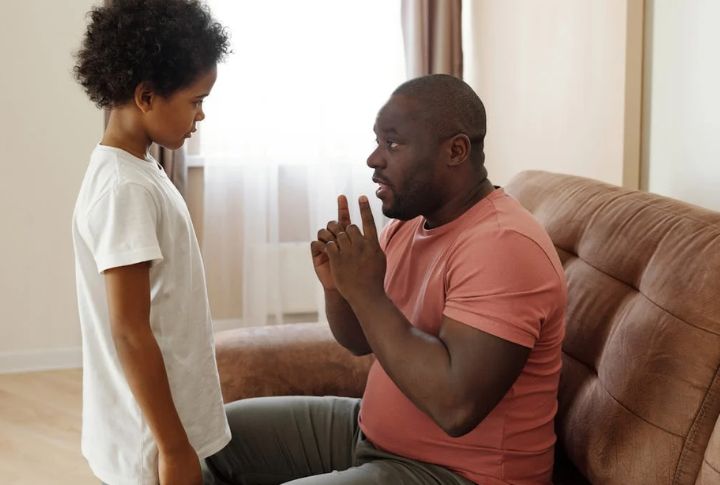
The damage from constant criticism doesn’t end in childhood—it echoes later on in life. Kids internalize those repeated jabs as truth, believing they are unworthy or defective. Fast forward a few years, and adults raised this way usually become their own harshest critics. The praise they receive? Rarely enough to undo years of emotional wear.
Witnessing Domestic Violence
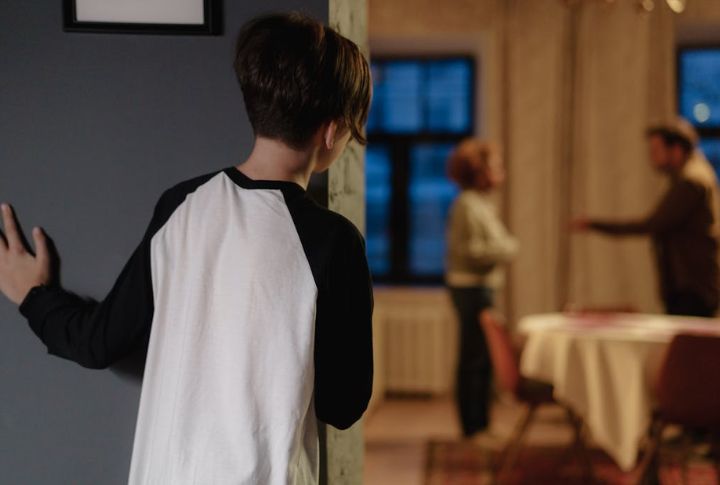
How would you feel seeing the people you depend on become each other’s greatest threat? Children exposed to domestic violence experience chronic fear and helplessness. That fear mutates into difficulty trusting others. With such experience, later relationships suffer as safety and intimacy seem mutually exclusive, not intertwined.
Physical Neglect
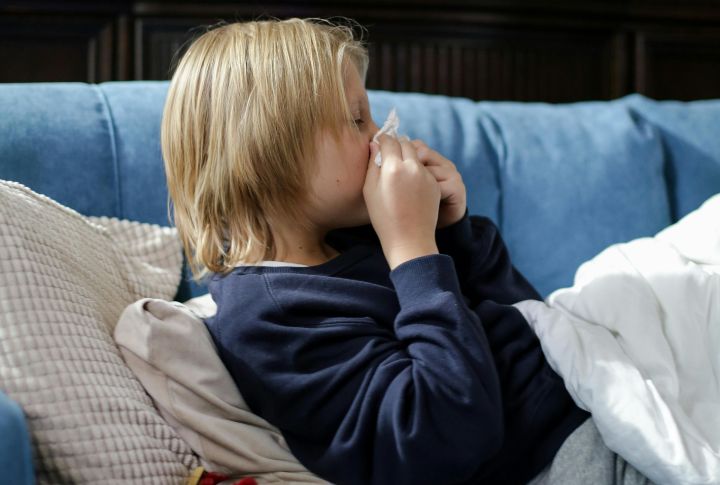
No warm meals. No clean clothes. No one notices when you’re cold or tired. Physical neglect teaches kids they don’t matter enough to be cared for. Over time, that message becomes deeply ingrained. Adults who grew up in this environment usually struggle with establishing boundaries and identifying their own basic needs.
Parental Mental Illness

A parent’s untreated mental illness can turn a child’s emotional world into quicksand. Some days, you’re the caregiver. On other days, you’re the problem. This instability teaches emotional withdrawal as a survival skill. Later in life, that same withdrawal becomes a wall—difficult to climb and even harder to explain to others.
Frequent Relocations

Every time home changed, friends disappeared, and schools came and went like seasons. Frequent relocations interrupt a child’s ability to form lasting connections and feel rooted. Mobility is linked to higher rates of anxiety and social detachment in adulthood, particularly when moves are unplanned or accompanied by family instability.
Sibling Favoritism
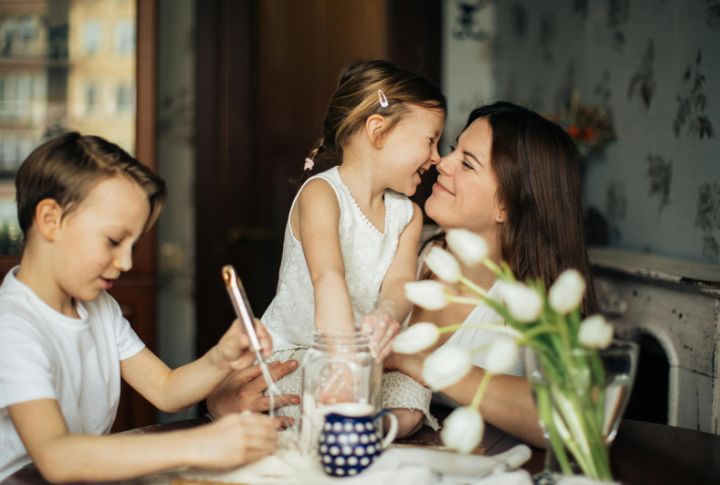
When one sibling gets the spotlight, the other often fades into self-doubt. Favoritism creates silent rivalries and lasting emotional distance. Kids in that dynamic can grow up believing love is conditional. Adults who were overlooked end up chasing validation, not because they’re vain, but because they never felt fully seen.
Suppressed Emotions
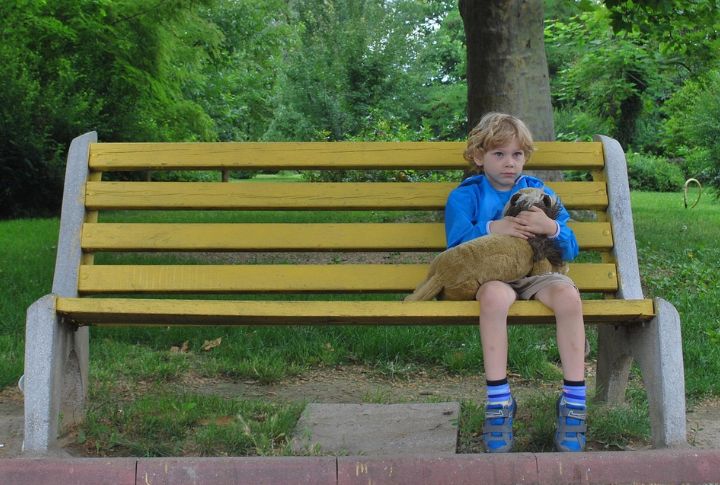
Told to “stop crying” or “be strong,” many children learn early to silence their feelings. Emotional suppression isn’t strength—it’s survival in environments where expression invites punishment or dismissal. In adulthood, this often results in isolation, emotional numbness, anxiety, or explosive reactions when the pressure finally becomes too much.

